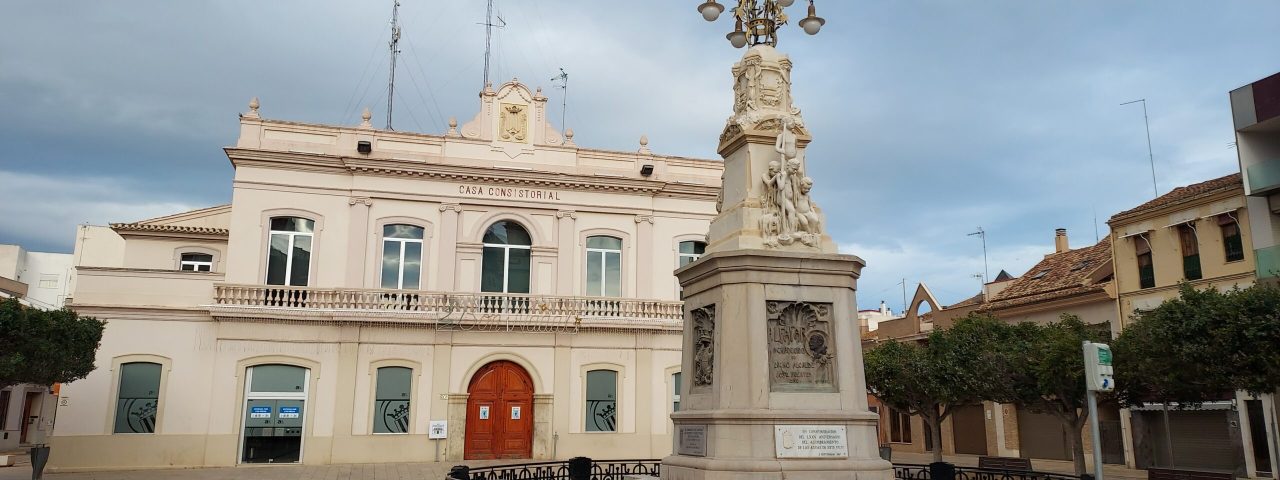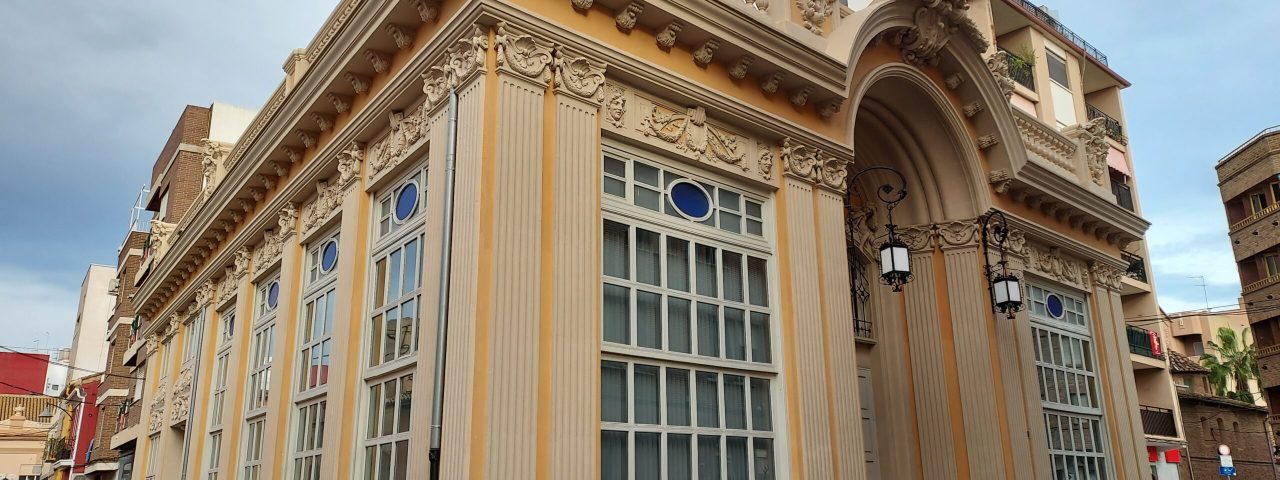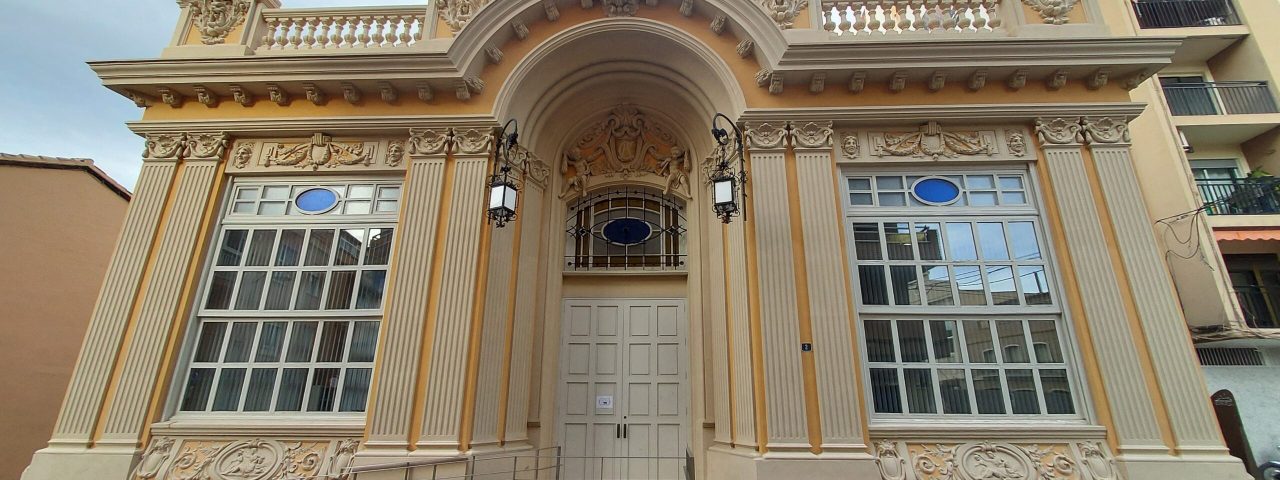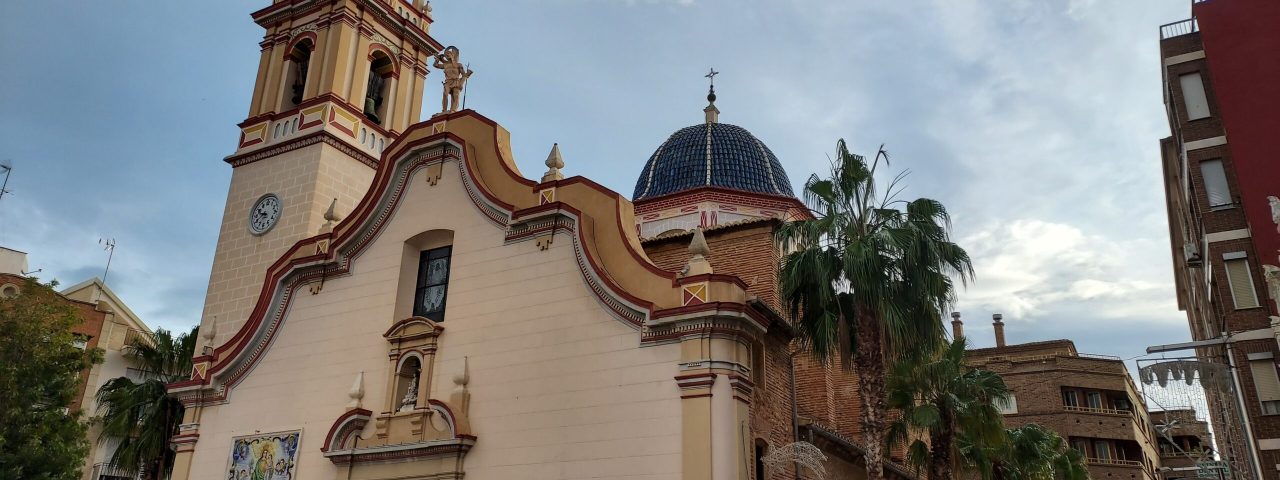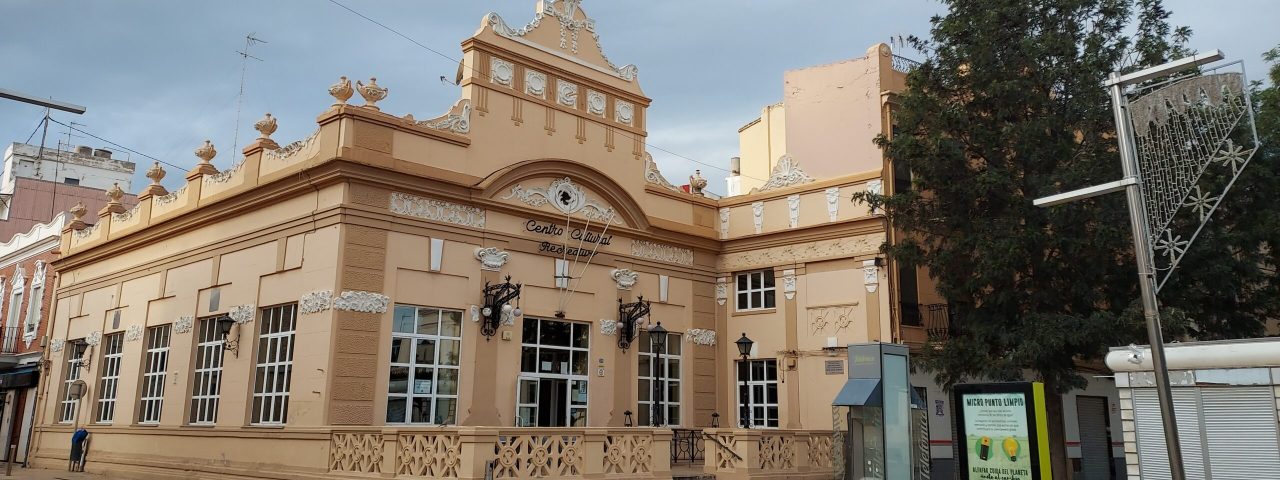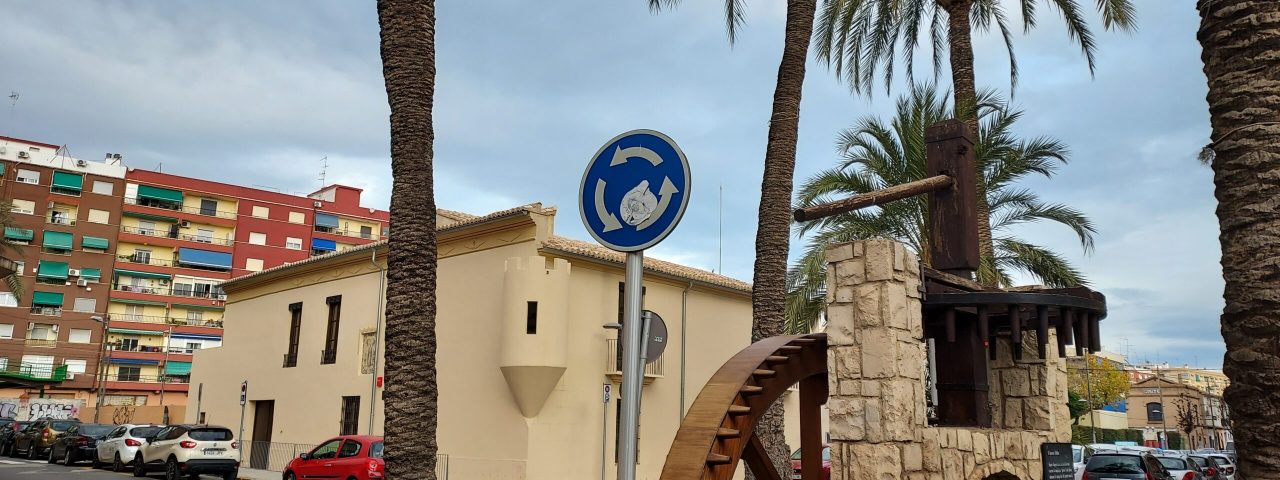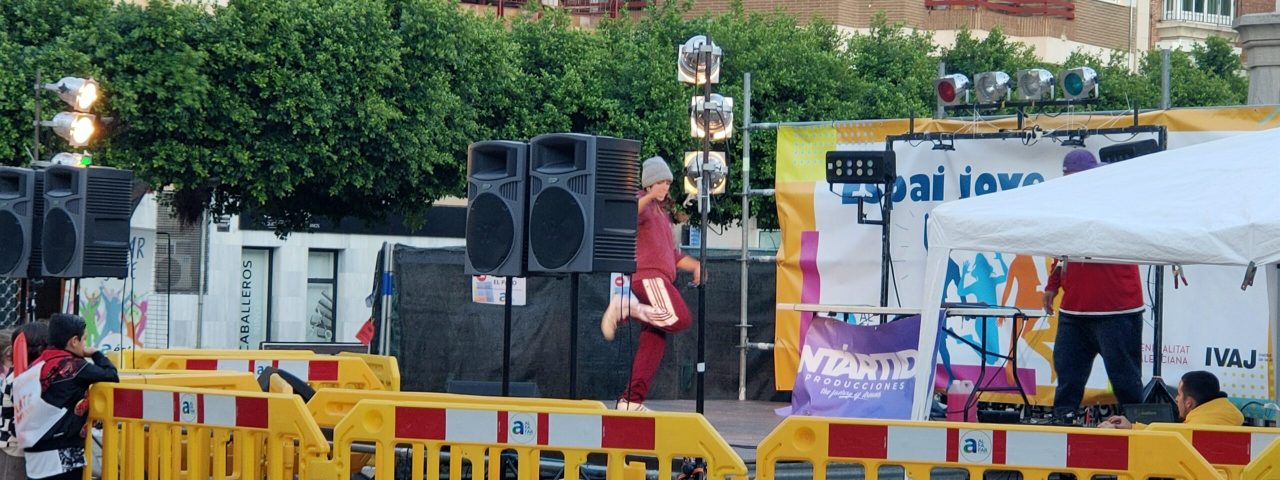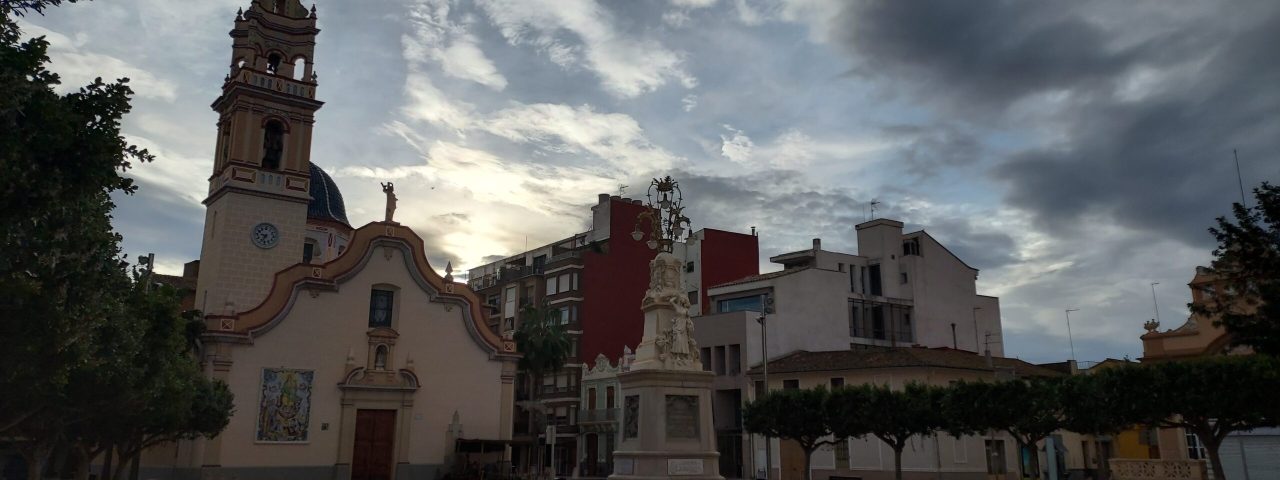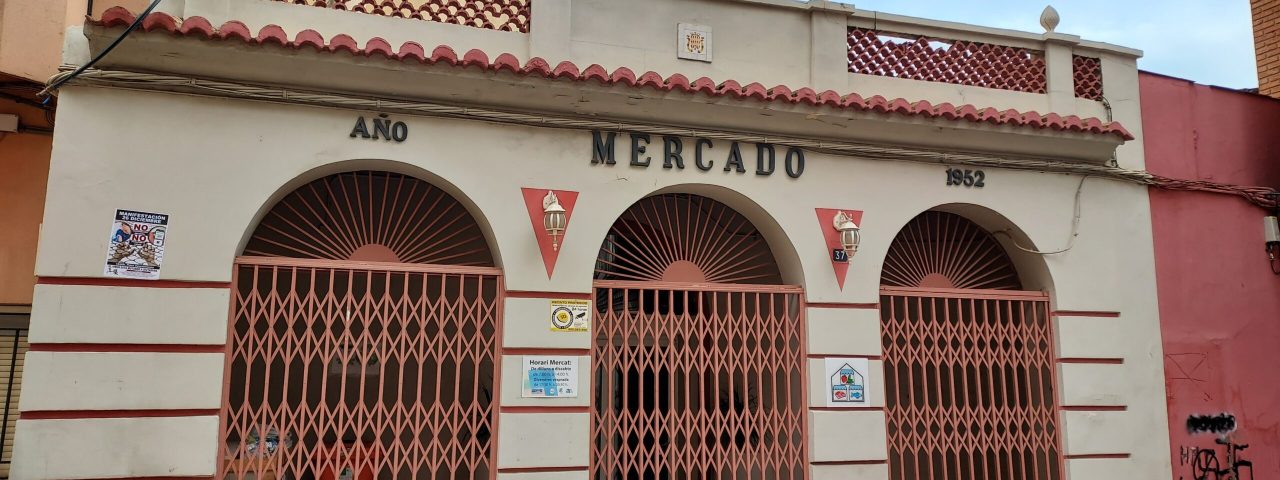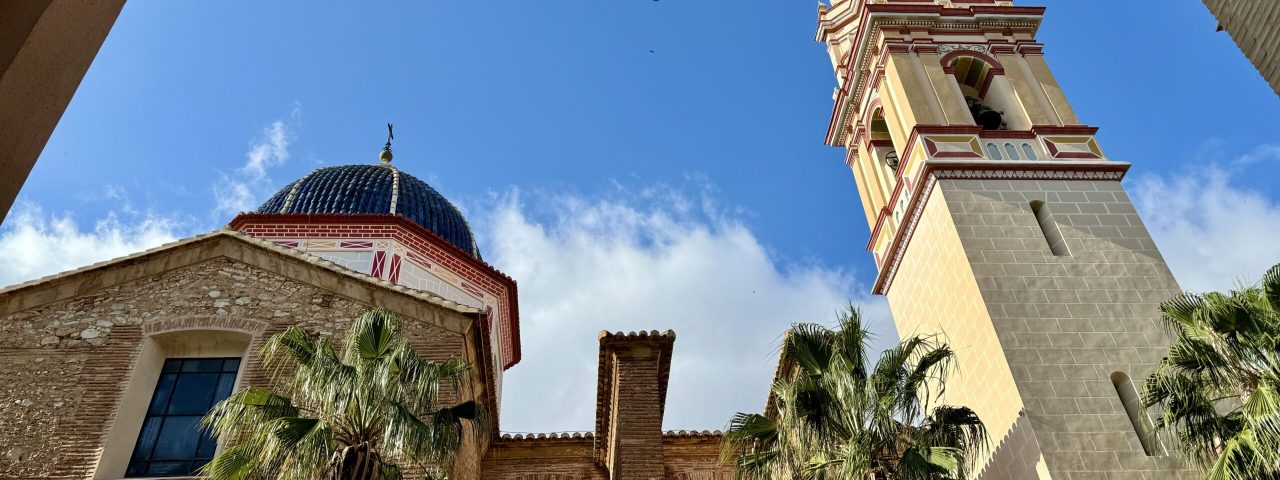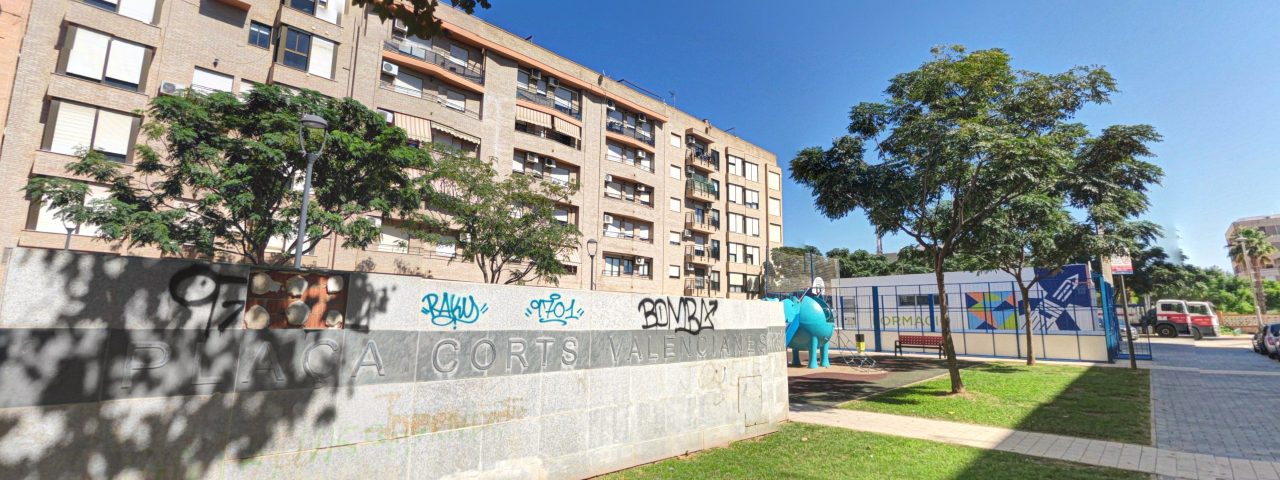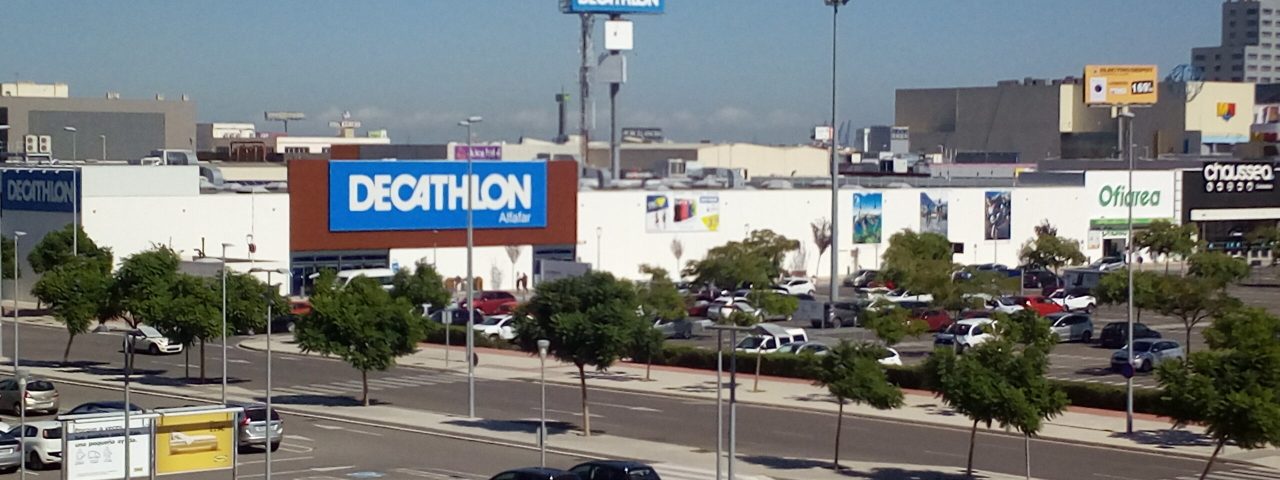Alfafar’s history stretches back to ancient times, with influences from the Romans, Moors, and later Christian settlers. The town’s name is derived from the Arabic word “Al-Hafar,” meaning “the well,” reflecting the area’s Moorish roots and its importance as an agricultural hub during that period. After the Reconquista, when the Christians reclaimed the region from Moorish control, Alfafar became an integral part of Valencia’s agricultural economy, with a strong tradition in rice cultivation due to its proximity to the Albufera lagoon.
Culturally, Alfafar is deeply tied to the Valencian traditions, celebrating local festivals such as Las Fallas, which is renowned across the region. During this event, large, intricate sculptures are burned in spectacular ceremonies, accompanied by parades, fireworks, and traditional music. Another significant festival is the Semana Santa (Holy Week), during which religious processions and events take over the town, giving visitors a glimpse of the region’s deep religious and cultural heritage.
Local customs also include the celebration of traditional Valencian dances and the use of the regional language, Valenciano, alongside Spanish. Alfafar’s rich history and cultural significance are reflected in its numerous historical landmarks and churches, which offer visitors insight into its storied past.
